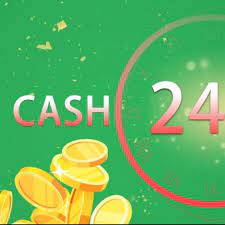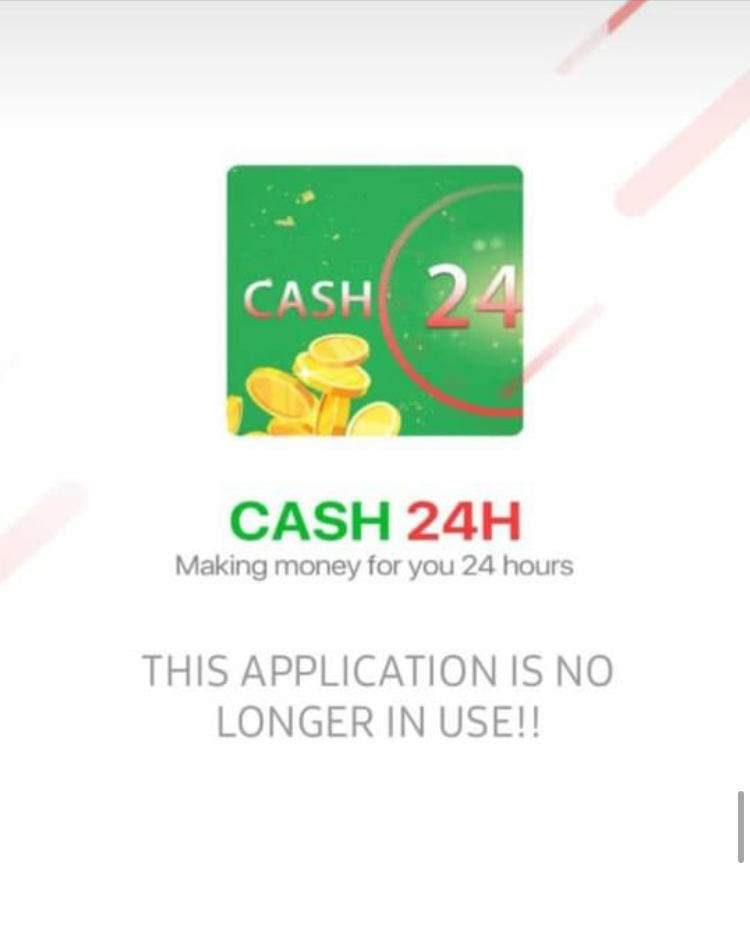Firm which scammed Kenyans 16m in con game, surrenders 10m to gov’t

The High Court has ordered Sh10 million belonging to a company suspected to be involved in a pyramid scheme, forfeited to the government after the firm’s director failed to explain the source of the funds.
Justice Esther Maina ruled that the money linked to Kivaa Ventures Ltd be transferred to the Assets Recovery Agency (ARA).
The judge said the firm and its director Stephen Muchoki Kimenchu did not provide evidence to prove that he ran a business as alleged.
“One would have expected him to provide this court with documents evidencing registration of the business and also proof of the person he traded with so as to earn the sums deposited in the account. There is no proof at all,” the judge said.
The agency informed the court that the firm was involved in fraud, racketeering and obtaining money from people by false pretences.
After obtaining warrants to investigate the bank account, the ARA discovered that the firm had deposited Sh30 million in a span of six days from various individuals in a manner believed the funds were obtained by false pretences.

In 2021, a Kenyan owned app that promised quick cash shut down operations abruptly, dashing hopes of thousands of unsuspecting clients who “invested” in the scheme.
Known as “Cash 24” the news of the shut down spread like bushfire with victims sharing their frustrations online.
The app promised steady flow of “profit” while offering the ability to work from home with little hustle.
Some of the victims invested over sh 50,000 as latest as two days ago, just around the same time the app stopped remitting what it referred to as “commission.”
According to unverified reports, the schemers behind the app amassed over sh 16 million from the unsuspecting investors.
Investors used to received their payment through an Mpesa agent outlet named as Kivaa Ventures Kenya Limited located in the Eastern region.
So, how did the app worked like?
The app was basically an online Ponzi scheme. This is a fraudulent investing scam which generates returns for earlier investors with money taken from later investors. This is similar to a pyramid scheme in that both are based on using new investors’ funds to pay the earlier backers.
The scheme is named after Charles Ponzi, born Carlo Pietro Giovanni Guglielmo Tebaldo Ponzi on March 3, 1882. He was an Italian swindler and con artist in the U.S. and Canada. He died in 1949.
The scheme leads victims to believe that profits are coming from legitimate business activity such as product sales or successful investments, all the while remaining unaware that other investors are the source of funds.
A Ponzi scheme can maintain the illusion of a sustainable business as long as new investors contribute new funds, and as long as most of the investors do not demand full repayment and still believe in the non-existent assets they are purported to own.
What’s the difference between “Pyramid Scheme” and “Ponzi Scheme”
A pyramid scheme is structured so that the initial schemer must recruit other investors who will continue to recruit other investors, and those investors will then continue to recruit additional investors, and so on.
Sometimes,there will be an incentive that is presented as an investment opportunity, such as the right to sell a particular product.
Each investor pays the person who recruited them for the chance to sell this item. The recipient must share the proceeds with those at the higher levels of the pyramid structure.
Ponzi schemes, on the other hand, are based on fraudulent investment management services—basically, investors contribute money to the “portfolio manager” who promises them a high return, and then when those investors want their money back, they are paid out with the incoming funds contributed by later investors.
The person organizing this type of fraud is in charge of controlling the entire operation; they merely transfer funds from one client to another and forgo any real investment activities.










